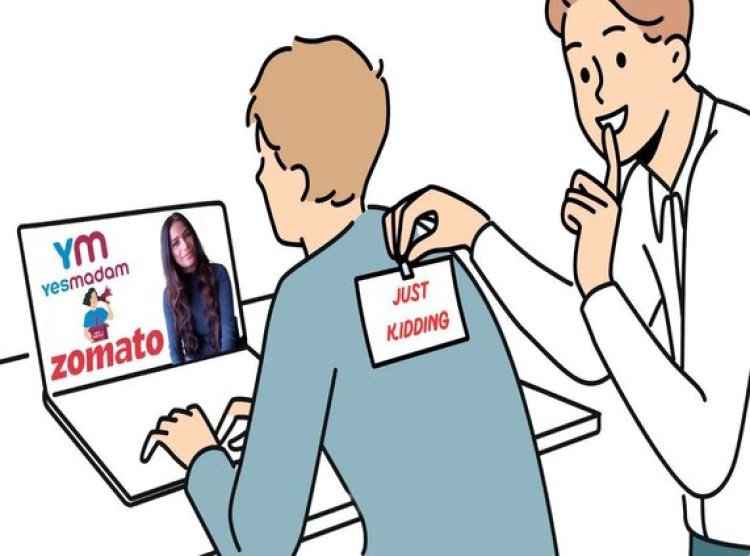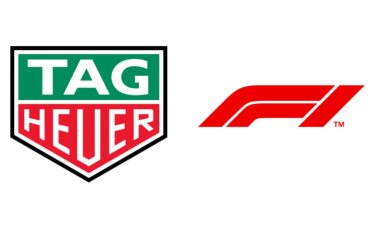Shock Marketing Ethics: Brands Push Boundaries with Controversial Campaigns
Shock Marketing Controversy: YesMadam's Workplace Stress Stunt Sparks Debate on Ethics, Creativity, and Long-Term Impact on Brand Trust

In today's marketing landscape, where celebrity endorsements and emotional narratives are losing their appeal, shock marketing is taking center stage, sparking intense debates about its ethics and effectiveness. The latest controversy involves YesMadam, a home salon services company, which faced backlash for an alleged move to fire 100 employees due to "stress."
In a surprising turn of events, the company clarified the claim was a campaign to raise awareness about workplace stress. In their apology, YesMadam stated, "No one was fired at YesMadam. We deeply regret any distress caused by misleading social media posts. Let us assure you, we would never take such an inhuman step." They followed up by introducing a “de-stress leave policy” featuring spa sessions for employees, marking a dramatic conclusion to the campaign.
This isn’t the first instance of shock tactics making headlines. Earlier this year, celebrity Poonam Pandey pretended to announce her death to promote HPV vaccine awareness, and Zomato's CEO, Deepinder Goyal, caused a stir with a job posting requiring applicants to pay Rs 20 lakh, later revealed as a publicity strategy.
While such stunts achieve virality and brand awareness, critics warn of potential reputational damage. Samriddh Dasgupta, Chief Business Officer at Arata, emphasized the importance of aligning campaigns with public sentiment and maintaining the brand’s vision. Similarly, Vikram Kharvi, CEO of Bloomingdale PR, cautioned against using serious issues like workplace stress as marketing gimmicks, stating, “Trust is harder to rebuild than to lose.”
Marketing expert Piali Dasgupta Surendran observed that YesMadam’s stunt garnered attention but came across as a poorly executed PR move. She argued that while the campaign raised awareness, its long-term consequences could outweigh the short-term gains.
Meanwhile, Aman Dhall, founder of CommsCredible, highlighted the higher stakes for smaller brands, urging them to back such stunts with clear strategies. Larger brands like Zomato, already known for bold moves, can weather criticism better than lesser-known companies.
The debate underscores a central question: Can brands leverage shock value effectively without compromising consumer trust? Experts like Tarunjeet Rattan, Managing Partner at Nucleus PR, argue that viral marketing is outdated and often erodes the credibility of PR professionals. She stressed that the focus should be on understanding customers and safeguarding the brand’s reputation.
In a world where attention spans are fleeting, creativity and authenticity remain crucial. While shock marketing may capture the spotlight, lasting success hinges on building genuine connections with audiences.

 sheetal
sheetal 










